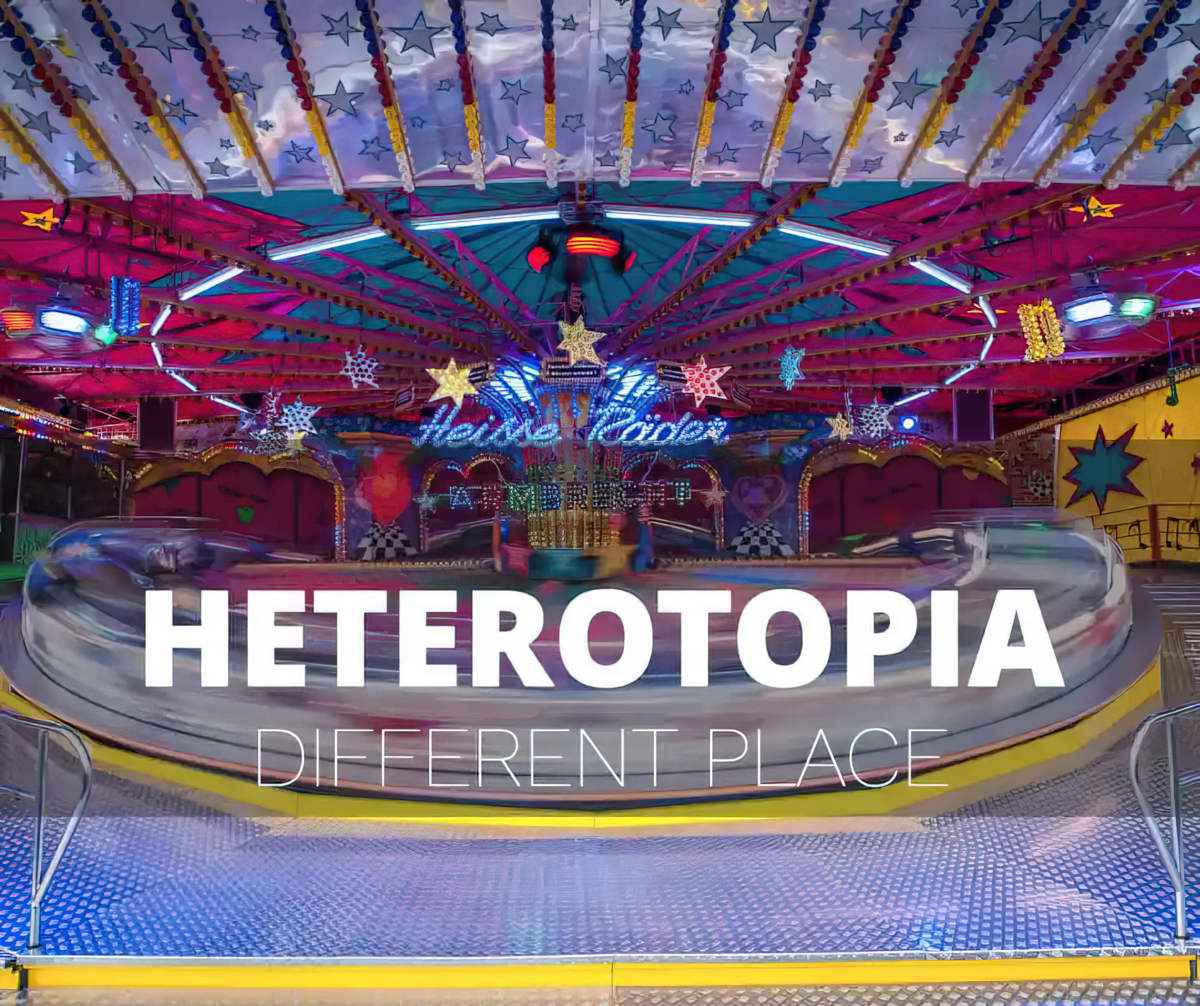-
Narration and Storytelling: Diegetic Levels
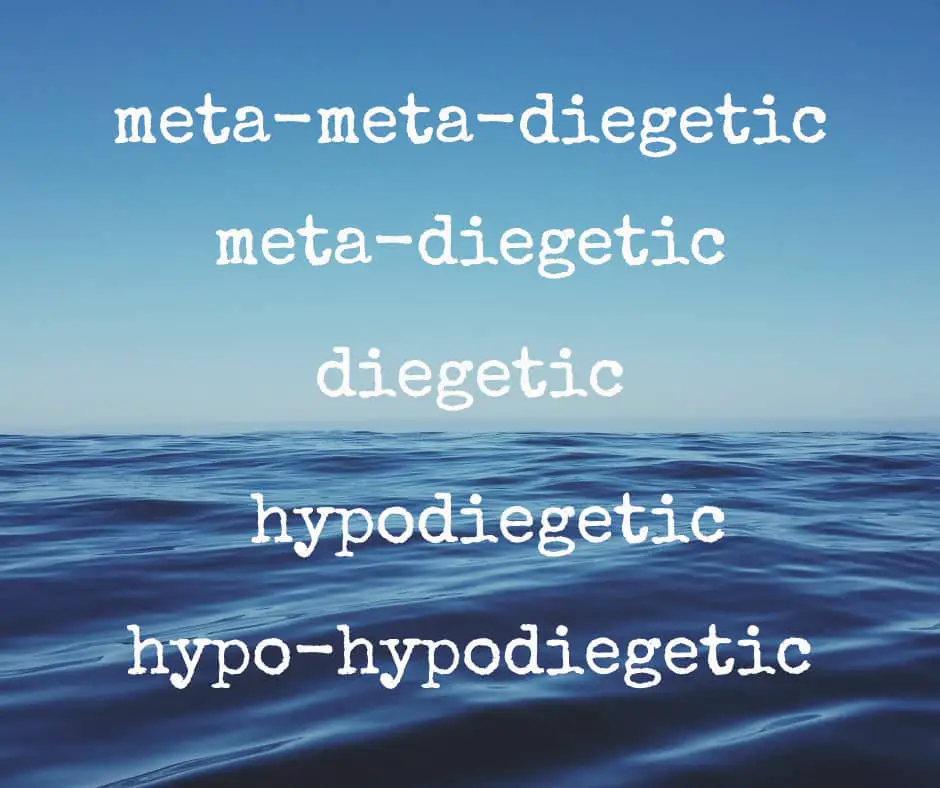
When discussing ‘diegetic levels’ of a story, imagine a ground floor. Level zero. All events and characters featured on this level are part of the story. Level zero is the normal, basic narrative level in a text. A story may not have any other levels, but it will at least have a ground floor. This happened, that happened, the end.
-
What is an extradiegetic narrator?
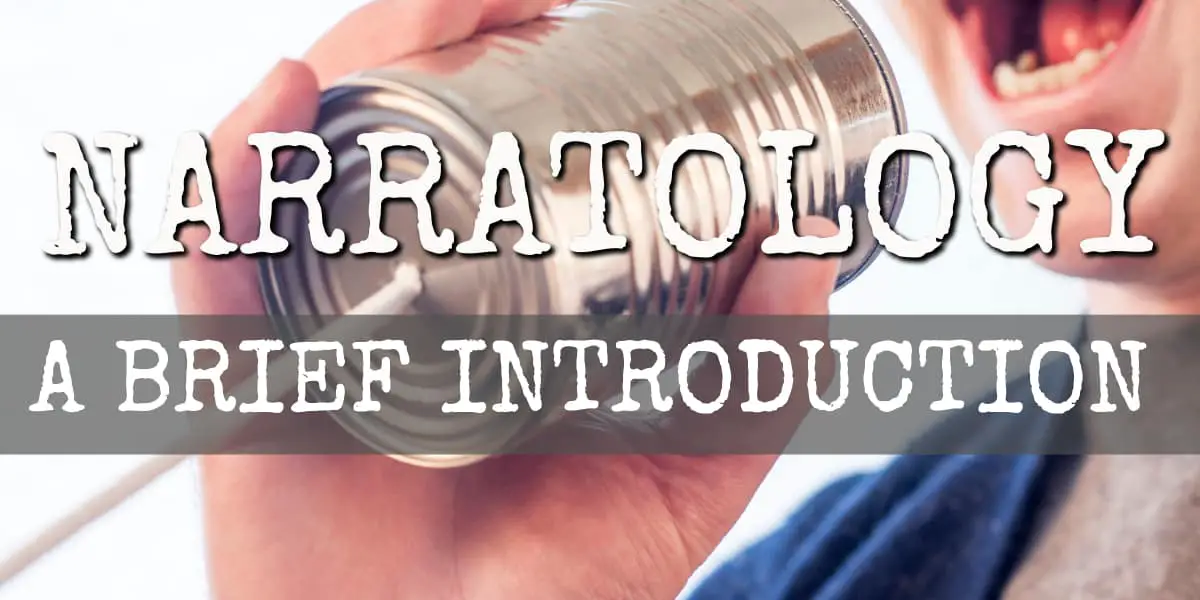
Writers think in terms of point of view: omniscient, third person, first person, second person. Close third person, universal first person and so on. For most purposes, point of view as a concept does fine. But it’s worth taking a brief look at terminology used by narratologists. Every narratologist comes with their own terminology. The […]
-
What is ‘fuzz’ in writing?

Fuzz refers to an element of motivation which the author forgot to supply. Perhaps they meant to come back later to add more detail, but didn’t.
-
Children’s Stories and Northrop Frye
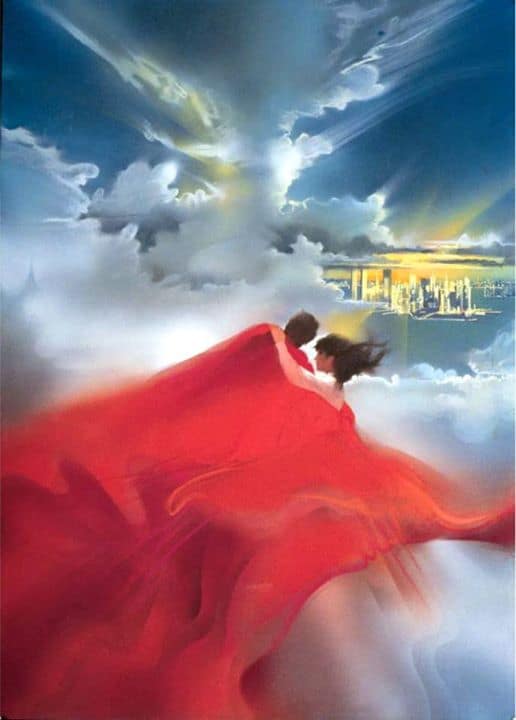
Northrop Frye was a Canadian literary theorist who died in 1991 aged 78. Frye was considered one of the most influential literary theorists of the 20th century. Sometimes his theories applied equally to children’s literature; at other times he was off the mark. One of his theories — The Displacement Of Myth — does not […]
-
How To Write Mystery
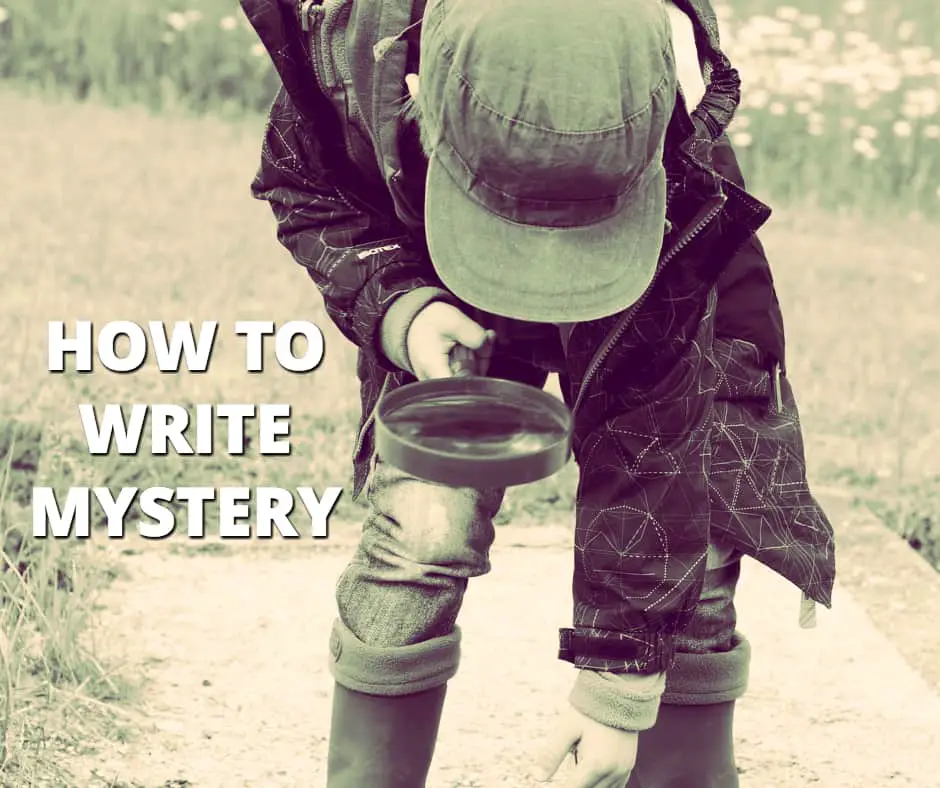
The need for mystery is greater than the need for an answer. Ken Kesey The perfect detective story cannot be written. The type of mind which can evolve the perfect problem is not the type of mind that can produce the artistic job of writing. Raymond Chandler Mystery is the secret spice of all compelling […]
-
What does Gothic mean in literature?
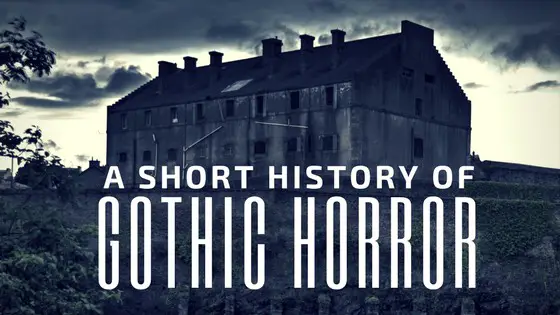
The Gothic is notoriously difficult to define. This is a type of story in constant flux. Each new literary period adds is own spin. “Gothic” is more like a skin layered upon other genres, most often: horror, romance, science fiction and fantasy. Where does one genre end and the gothic element begin?
-
Tips For Writing Melodrama
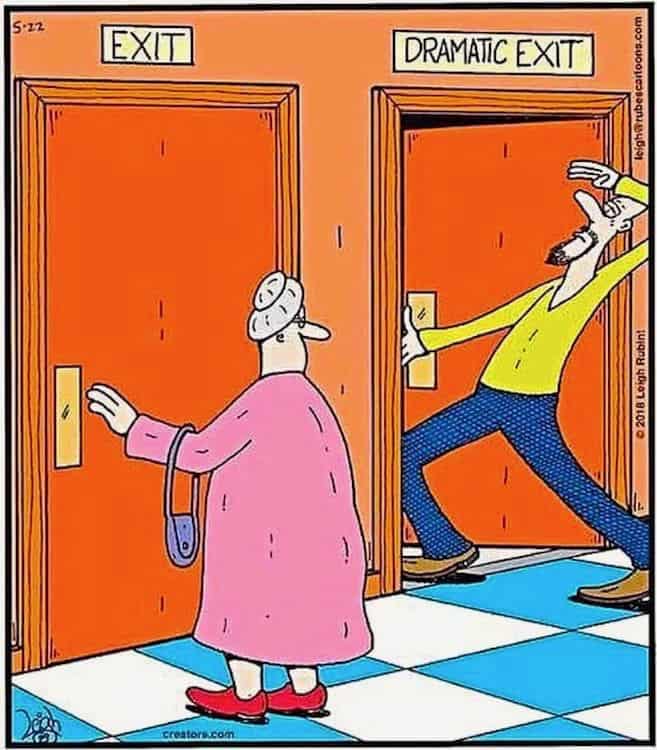
melodrama is a widely misunderstood term but has its place in good storytelling. What is melodrama, and how do we write it? Melodrama In Everyday Usage In everyday English, if we describe a person as ‘melodramatic’ we are probably describing a high drama individual. We’re probably talking about what we consider ‘too much emotion’. When […]
-
Unreliable Narration In Storytelling
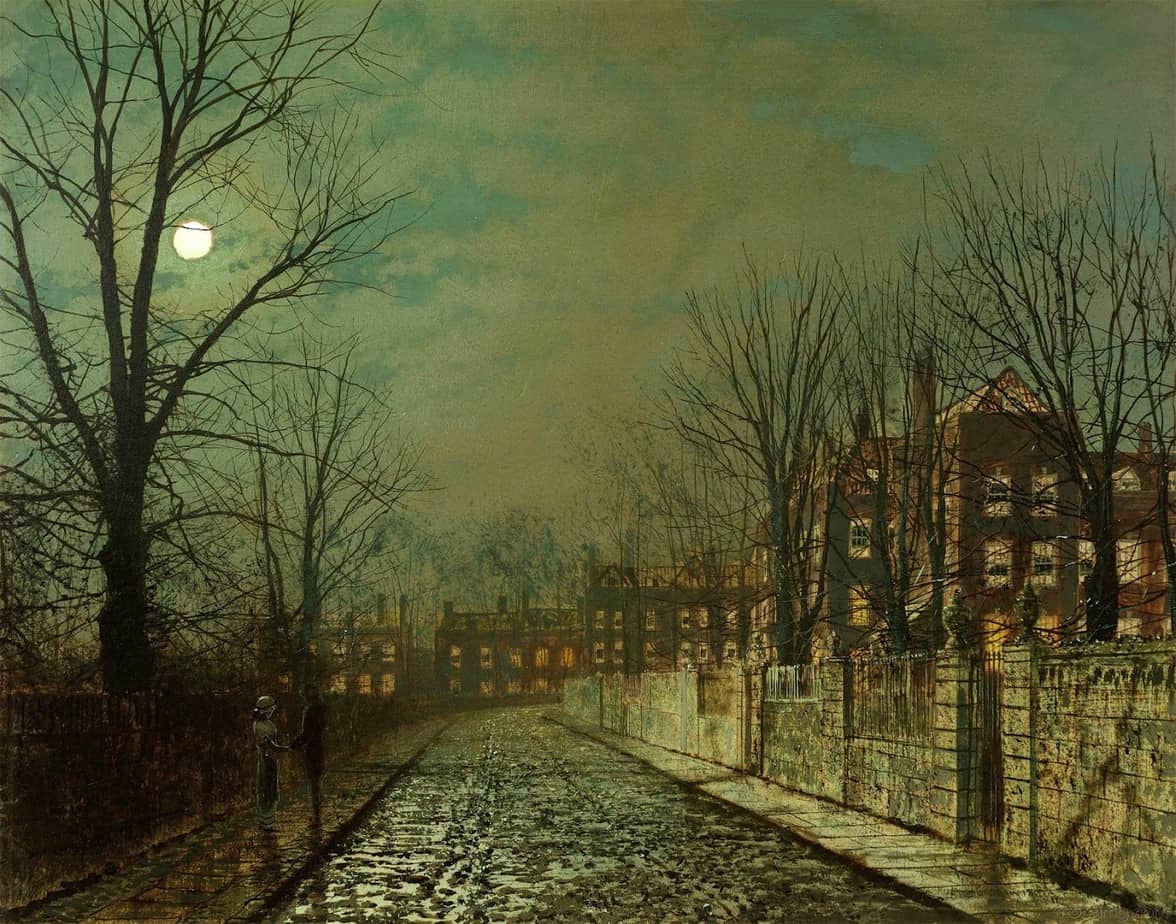
This post more than any other contains spoilers. Sometimes it’s a spoiler just to know that you’re dealing with an unreliable narrator. Unreliable narration is a storytelling technique which requires some work on the part of the reader, trying to work out how much of the story is true and how much is subjective, or […]
-
What is the meaning of hermeneutics?
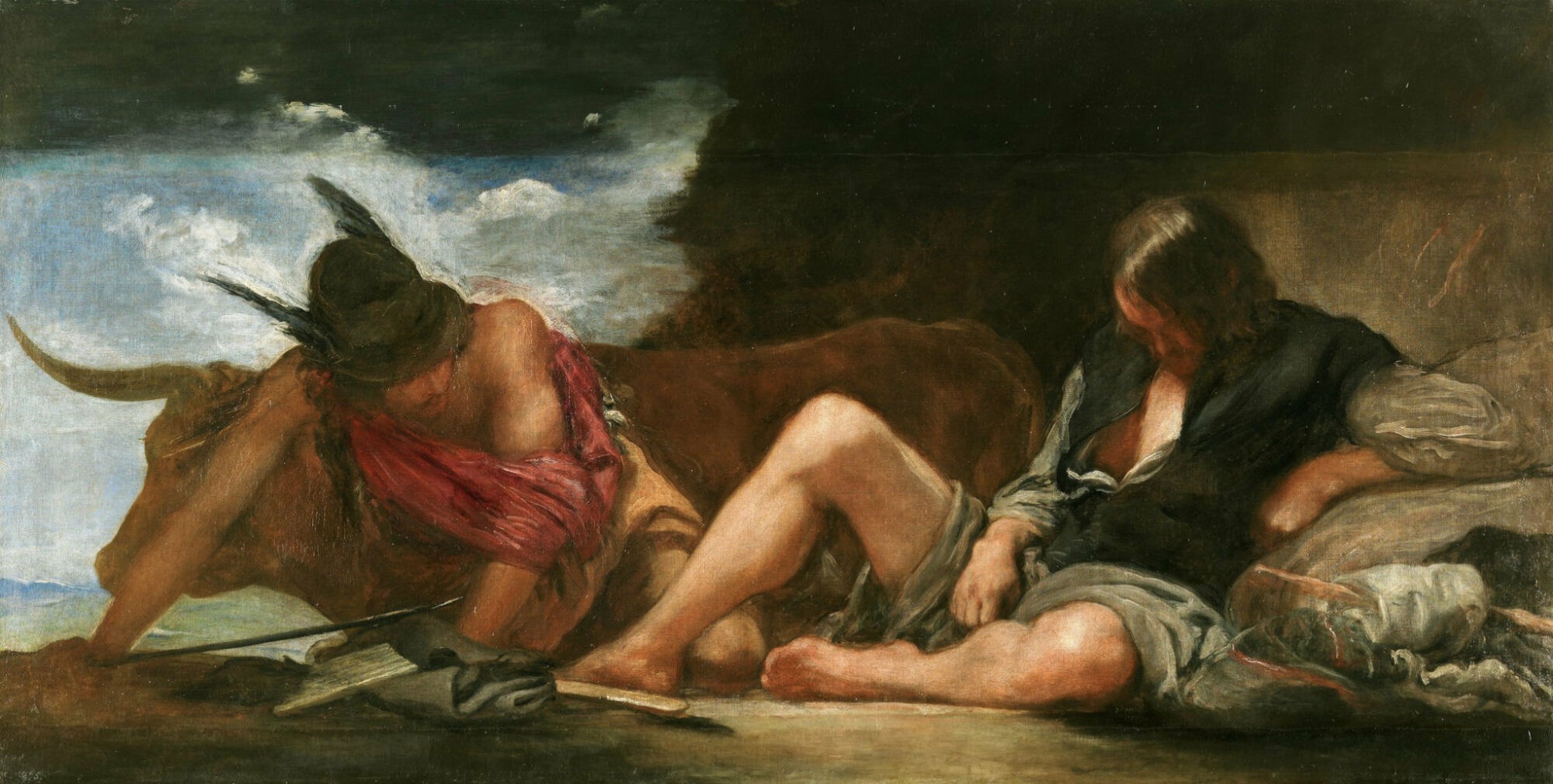
The word ‘hermeneutical’ comes from the Greek word for ‘interpreter’ and means ‘pertaining to interpretation’. Every member of an audience interprets a text differently, depending on the life experience they bring. If you’re like me and you keep hearing this word and also keep forgetting what it means, a fix for that to simply replace […]
-
Fabulism In Children’s Literature
FABULISM: WHAT IS IT? In fabulism, fantastical elements are placed in an everyday setting. It’s called ‘fabulism’ because authors are playing with realism by making use of elements of fable. For the definition of a fable, see here. COMMON FEATURES OF FABULIST FICTION The Bloody Chamber and Other Stories by Angela Carter is a collection […]
-
Annie Proulx’s “Pair A Spurs” Analysis
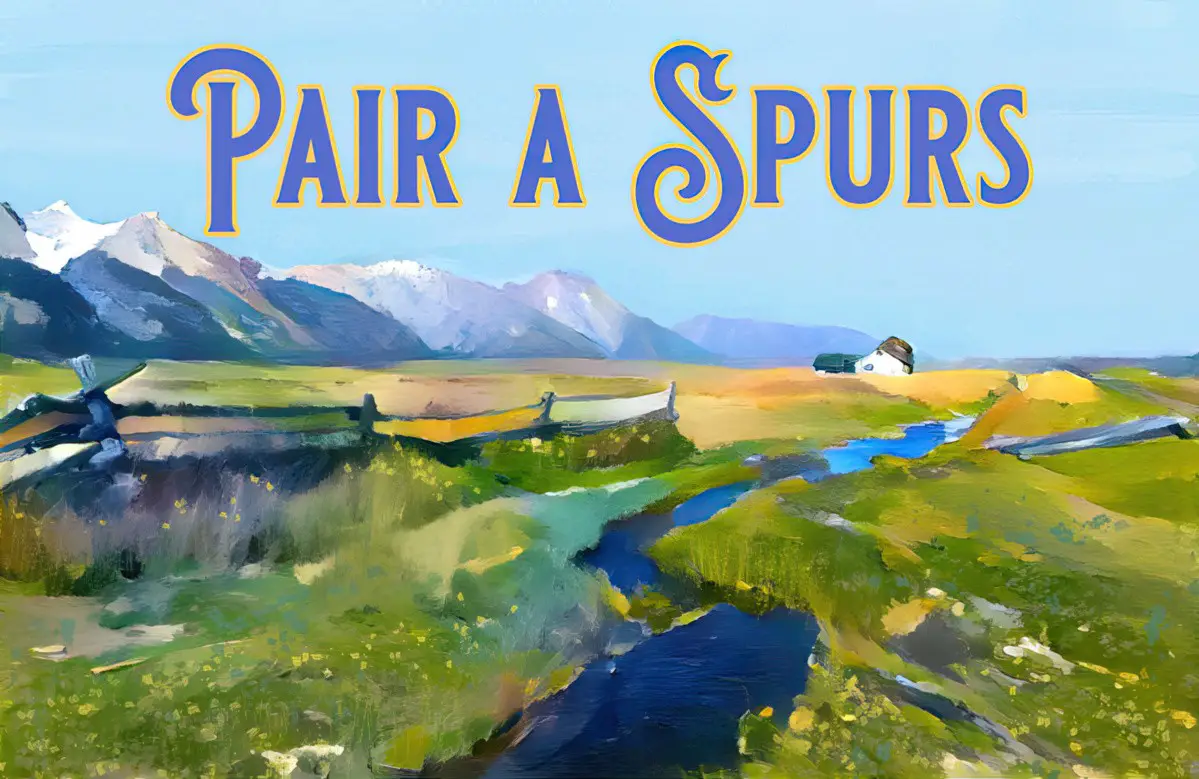
“Pair a Spurs” is a short story by American author Annie Proulx, published in the collection Brokeback Mountain and Other Stories. SETTING “Pair A Spurs” by Annie Proulx is set on a couple of Wyoming Ranches in the late 1990s SURROUNDING CULTURE Rather than open with landscape, sky-scape and weather, this time Annie Proulx opens […]
-
Stream of Consciousness and Interior Monologue
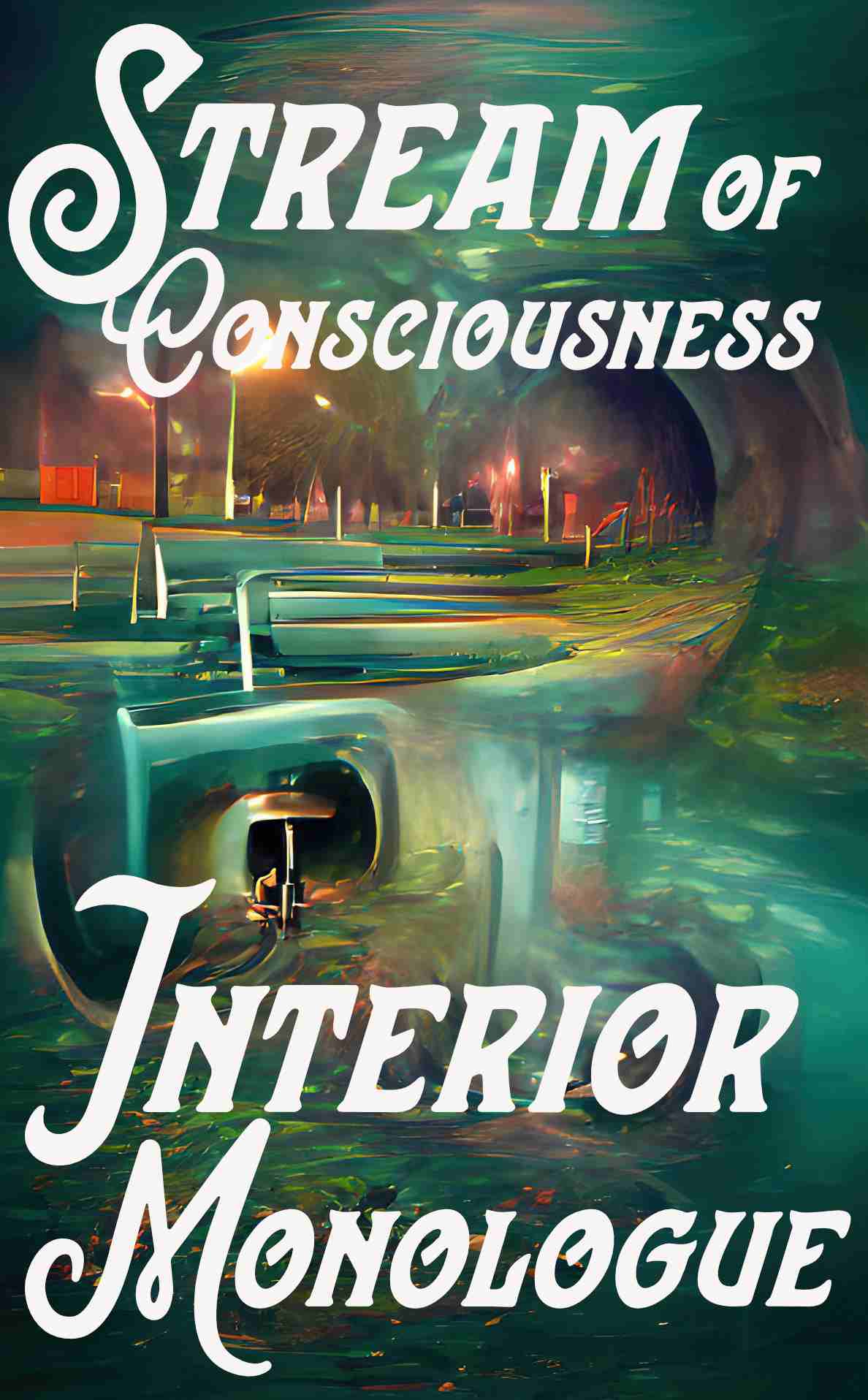
Stream of consciousness and interior monologue are two modes of narration. They are similar, and in fact, both might be used within a single work.
-
Neo-Regionalism And Realism In Literature
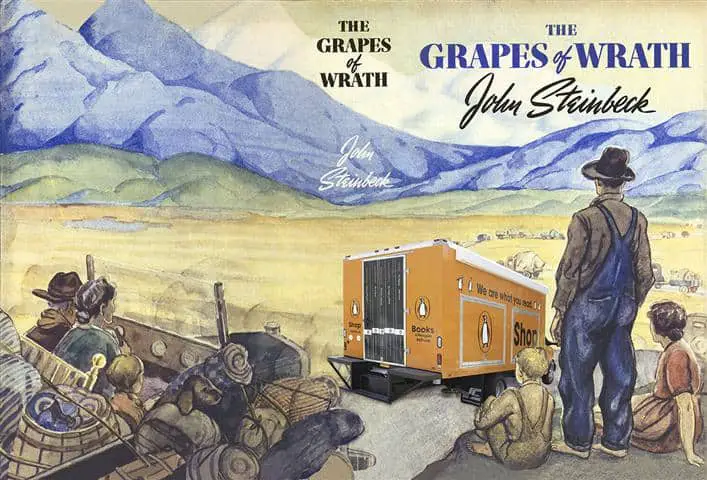
Regionalism is a largely American term which refers to texts that concentrate heavily on specific, unique features of a certain region including dialect, customs, tradition, topography, history, and characters.
